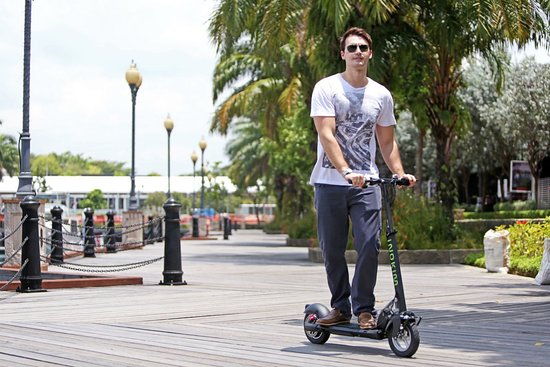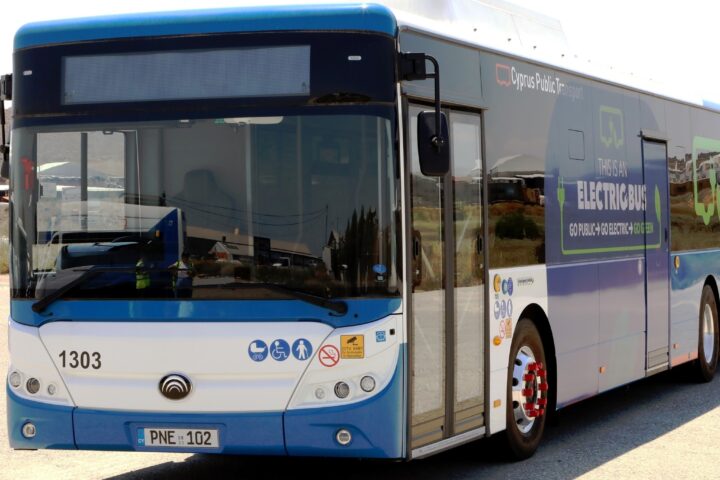Last month, a law regulating the use of electric scooters is not expected to have any practical effect, as a lack of infrastructure and communication with the public render legislation redundant.
As more electric scooters are spotted whizzing through European capitals, this eco-friendly trend has found its way to Cyprus, but not without hurdles to navigate.
In comments to the Financial Mirror, the head of the Cyprus Greens, Charalampos Theopemptou, commenting on reports of scooter users not complying with regulations, argued they were not to blame.
“We voted in the law a few weeks ago, after it had been in the House for several months. Have the authorities informed the public of the regulations? No,” said Theopemptou.
He argued that authorities, namely the Transport Ministry, must inform scooter users of the new regulations, which are also there to offer them protection.
“The law foresees how fast a scooter should go and what kind of protective gear a rider should wear.
“It also declares where scooters should be driven, which is another major issue.”
Theopemptou explained that the law stipulates that scooters are only allowed on bicycle lanes, which are ‘non-existent’ on most of the island’s roads.
“We fail to understand the argument behind having e-scooters essentially only allowed on bicycle lanes when there are few such lanes.
“There are entire municipalities without a single bicycle lane.”
The Green Party MP added that scooters are very popular in other European countries, preferred by people travelling short distances to get to work, saving on fuel and reducing emissions.
“A scooter is easily folded and carried around.
“This alone could have been an incentive for people travelling a couple of kilometres to get to their office.
“However, where will they ride their scooters if there are no bicycle lanes.”
Theopemptou added that bicycle lanes should have already been available in most urban areas. A law voted in 2018 on using bicycles stipulates bicycles can be driven on roads, but only where bike lanes are unavailable.
“This should have prompted authorities to set up bicycle lanes. They just don’t seem to care.”
According to the legislation, riding scooters is prohibited on roads and allowed only on bicycle lanes.
NEW RULES:
- They are allowed to travel on roads where the maximum speed limit is 30km per hour, such as the Makarios and Stasikratous Avenues in Nicosia
- The minimum age of scooter users is 14.
- The maximum speed is set at 20 km on bicycle lanes and roads with a speed limit of 30 km.
- At squares, the speed limit is 10 km per hour.
- Scooter users must wear a properly attached helmet.
- Carrying passengers is strictly prohibited unless the scooter is designed with a fixed seat and the passenger is over 12.
- Scooters must have minimum equipment: A brake system, a white or yellow light permanently attached to the front, a fixed red light on the rear, a warning bell, and tires in good condition.










